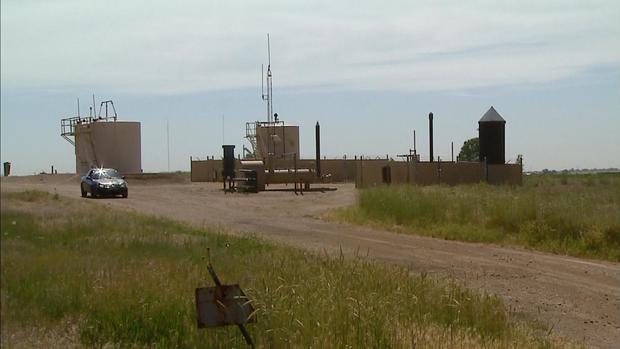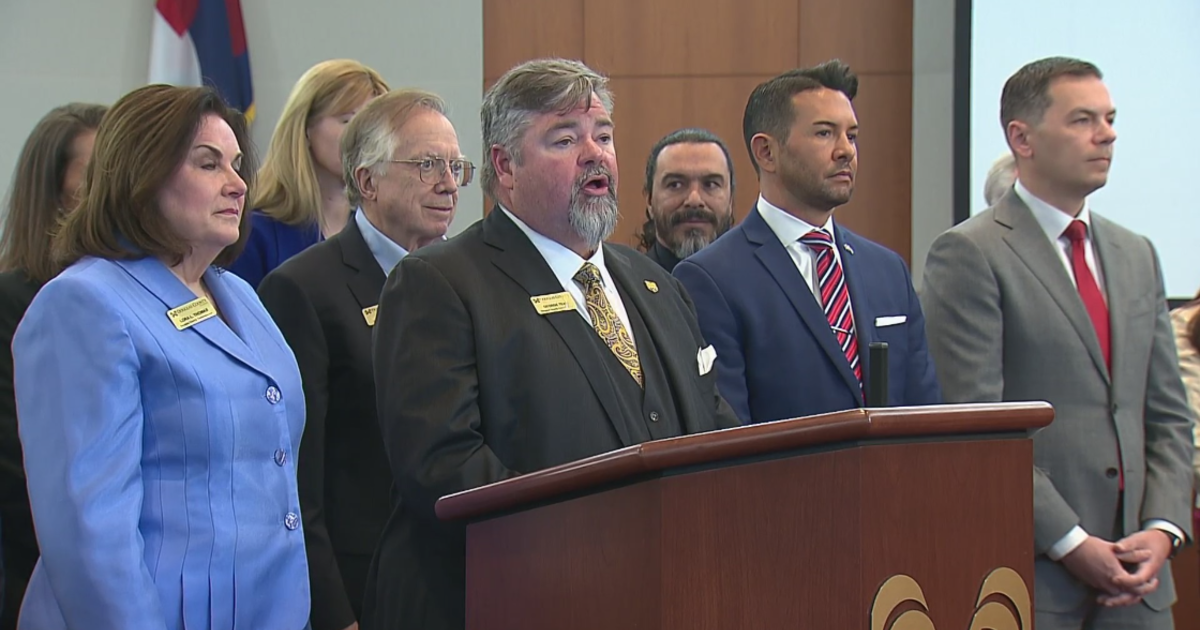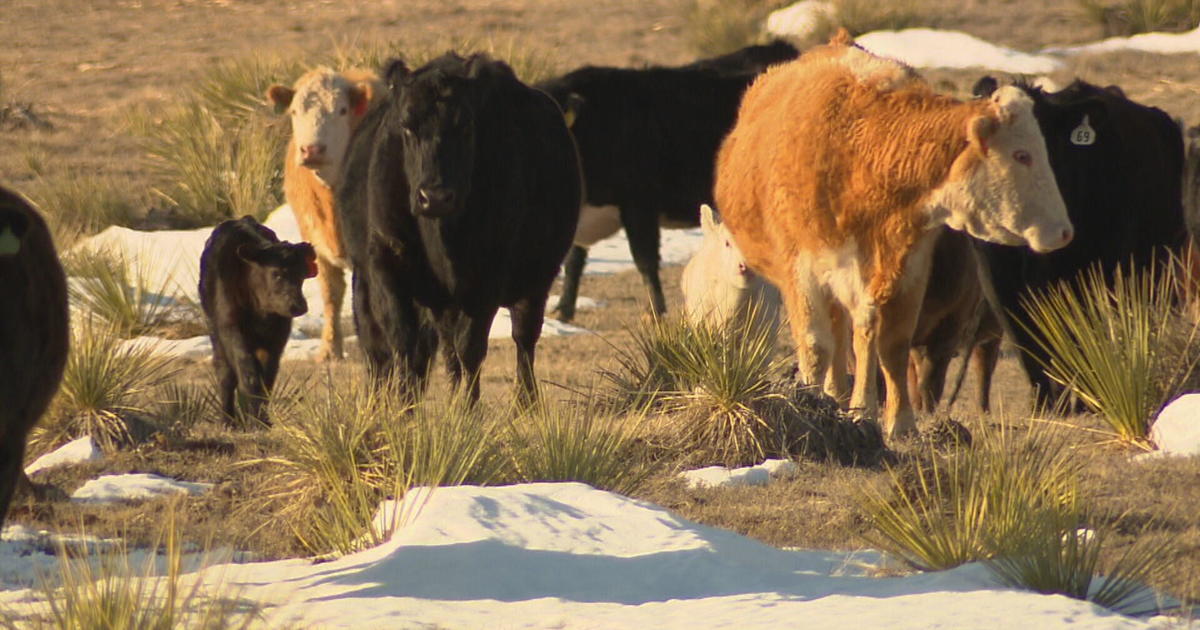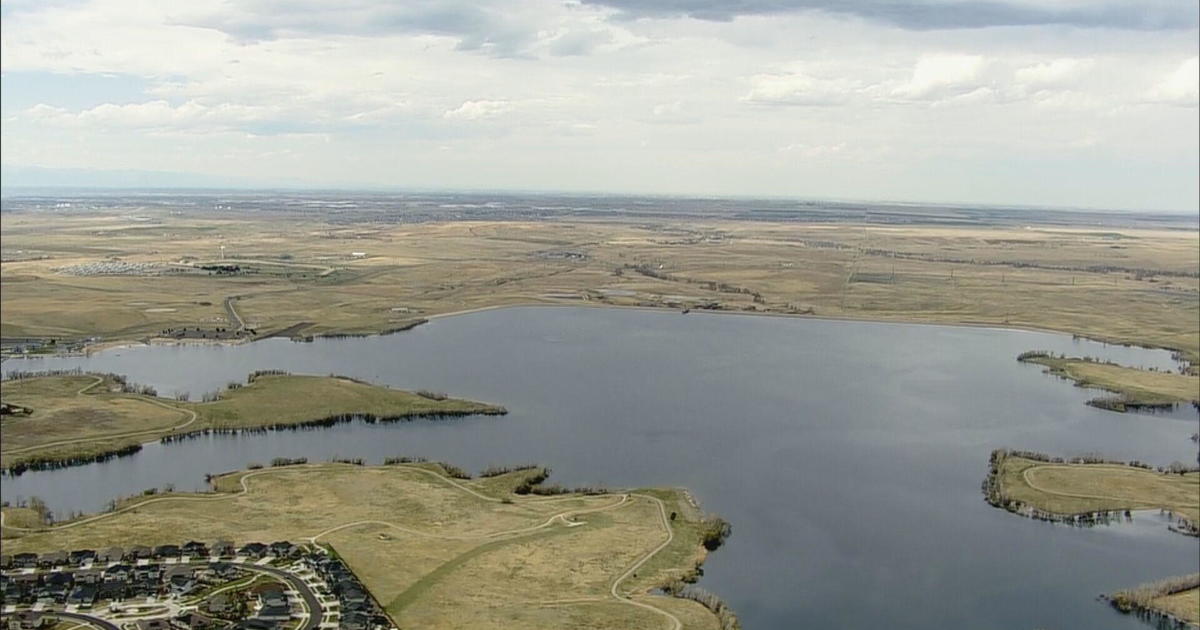Hickenlooper, Polis Fracking Compromise Would Pull Ballot Measures
DENVER (CBS4) - A compromise on the contentious fracking debate in Colorado pulled together two opposing sides on Monday with a promise to ax four ballot measures that have divided the state.
That agreement among Gov. John Hickenlooper, Rep. Jared Polis, environmental groups and the oil and gas industry creates an 18-member task force that will study fracking in Colorado and present recommendations to the state legislature. In exchange, they've asked that organizers pull two pro-fracking and two anti-fracking measures and that a lawsuit against the city of Longmont be dismissed.
VIDEO: Full News Conference: Hickenlooper, Polis Announce Compromise
"We have an obligation to develop (energy) in a way that is safe for our residents, supports jobs and the economy, respects private property rights and protects our health and environment," Hickenlooper said.
The task force will be charged to find solutions that minimize land-use conflicts near homes, schools, businesses and recreational areas. The state is seeking a balanced approach, he said, one that will represent diverse concerns from oil and gas, agriculture, environmental and health groups and local governments.
"This is the way we do things in Colorado," Hickenlooper said. "You have all the interests at the table. You work through the differences and difficulties and you figure out what is a compromise that serves all parties. Maybe no one is perfectly happy, but it serves all parties."
Hickenlooper said he worries about the legal ramifications if the various initiatives land on the ballot. Should any survive to the Nov. 4 election -- and Hickenlooper appeared doubtful they would -- he said "we'll have to sit and have a discussion." He didn't elaborate.
"Our expectation is that all four of those will be (pulled) back," the governor said.
The two anti-fracking initiatives that Polis backed included Initiative 88, which would increase the minimum property setback on oil rigs from 500 feet to 2,000 feet, and Initiative 89, which would establish an environmental Bill of Rights.
Hickenlooper and the oil and gas industry opposed the measures, claiming they ensured negative economic impacts. Supporters say they're protecting the environment and the health of residents.
The two measures backed by the oil and gas industry are Initiative 121, which would keep revenues from communities that oppose local drilling, and Initiative 137, which requires ballot initiatives include fiscal impact estimates.
The compromise is, in some ways, a chance for Hickenlooper to recover from defeat in July, when he unsuccessfully attempted to forge a compromise through the state legislature, and for Polis to save face. The congressman who represents Boulder and surrounding areas split from other top Democrats, including the governor and U.S. Sen. Mark Udall, over many fracking issues. Polis said Monday he believed solutions should have always been sought legislatively and not through elections.
Fracking is a process energy companies use to extract fuels from underground rock formations that have trapped oil and gas. Equipment injects water into the rock to fracture it and let fuels escape. Critics allege wells related to fracking are unsightly and cause small earthquakes. Proponents argue more widespread fracking will lower energy prices and help the country more efficiently explore domestic energy stockpiles.
"Today's announcement regarding this potential compromise is truly a victory for the people of Colorado," Polis said. "Citizens will be on equal footing with the oil and gas industry."
He said fracking opposition from four communities in his district generated animosity and a lawsuit against Longmont for its voter-approved drilling ban, which was struck down by a district judge in July because it competed with state interests. Monday's compromise asks the Colorado Oil and Gas Conservation Commission, which regulates the industry, to dismiss another suit against Longmont, which had restricted energy development.
Polis called the litigious atmosphere "unsustainable."
The task force will be split three ways, Polis said: Six will represent oil and gas interests, six will come from concerned citizen groups and six will be composed of Coloradans with extensive knowledge of the issue. The task force will be chaired by La Plata County Commission Gwen Lachelt and Randy Cleveland, the president of XTO Energy.
Hickenlooper said their compromise provides a blueprint for other states seeking solutions to similar battles across the country: "This isn't just going on in Colorado. This is going on in Denton, Texas, and Wyoming and Pennsylvania. What we're working on here could be a template for what would happen in the rest of the country."
Monday was the deadline for signatures needed to get initiatives on the ballot. Organizers were required to collect 86,105 valid signatures.
- Written by Tim Skillern for CBSDenver.com
Related Stories




